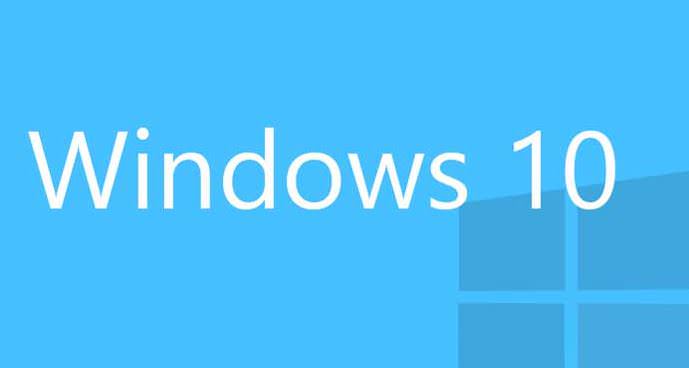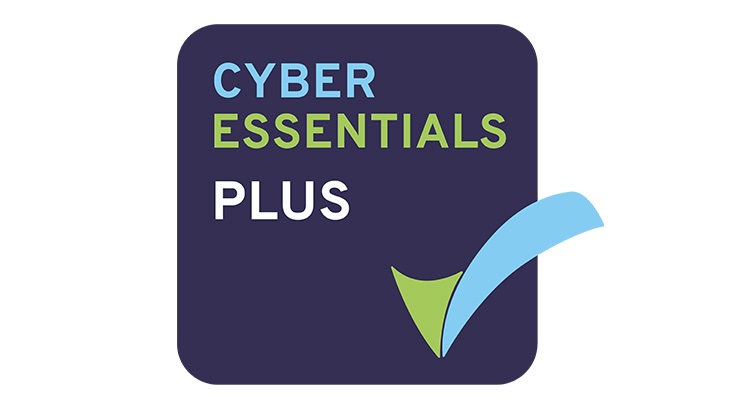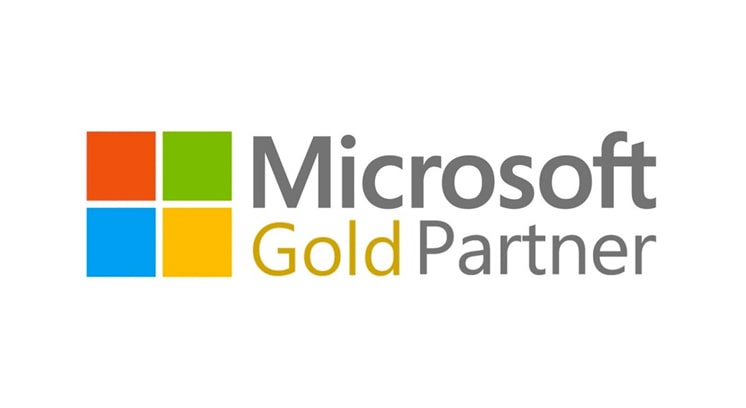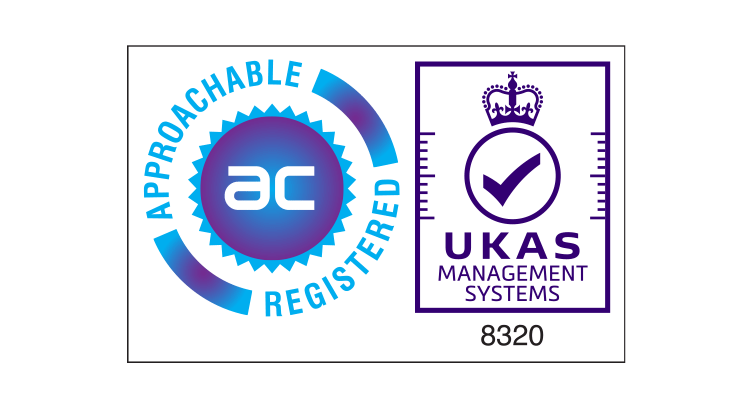First published in computing.co.uk
Windows 10 announcement ‘a surprise’ to Notts County Council, just weeks after signing 8.1 deal with Microsoft
The ICT service director of Nottinghamshire County Council has described how the announcement of the coming launch of Windows 10 was “a bit of a surprise”, coming as it did just weeks after the local authority had signed off on a Windows 8.1 desktop and mobile implementation across the council to frontline social care workers as an upgrade from Windows 7.
“We selected Windows 8.1 about six weeks ago,” ICT service director Ivor Nicholson told Computing.
“Windows 10 was maybe a bit of a surprise, but I still think from what we looked at in terms of technical architecture [Windows 8.1] does fit well into our estate,” he said.
But with 2,000 Lenovo tablets, and 1,000 Nokia devices to replace an incumbent BlackBerry phone estate,Computing asked if there was any kind of dialogue ongoing with Microsoft following the announcement of the new OS, barely two years after Windows 8 appeared on the scene.
“I think it’s fair to say there will be a dialogue, but we haven’t had that dialogue yet,” replied Nicholson.
“There is a business issue in terms of our ongoing discussions around [Windows 10]. In terms of our users and our [general] perspective, we were happy with 8.1, but I think it’s worthy of a discussion in terms of Windows 10.”
In Windows 8.1’s defence, Nicholson stated he is satisfied with the system’s stability in terms of “the size and scale” of the council’s estate, as well as “the need to ensure legacy applications will suit the operating system”.
Championing Microsoft Lync in particular as “one of the products our users have commented on most favourably”, Nicholson described how the instant messaging and audio capabilities the communication platform offers provide “support for flexible working arrangements”.
Meanwhile, he added, the use of third-party app TotalMobile on Windows 8.1 tablets is a huge advantage, despite its deployment being currently at a fairly basic level.
“We haven’t got to a stage where we’ve got commonality yet,” he told Computing.
“The key emphasis for us is to let our workers keep mobile, and take a virtual office with them, so it’s very much about working with the social care workforce out there with our communities. To be honest, they’re not working in the most efficient possible way at the moment.”
Nicholson described how, in the past, paper notes would be taken back to offices to be typed up and stored. Now workers can take the information they need out on the road with touchscreens, and update “automatically and securely” to the back-office systems.
“It’s a massive saving in terms of productivity,” said Nicholson.
While Windows 8.1 seems the best choice for Nottinghamshire right now, the announcement of its successor so soon after that version’s release in 2012 is likely to cause some issues for Microsoft around the upgrade path for existing customers.
After all, Windows 7 is still riding high five years after its release, and many XP deployments are still operational – despite the security risks – mainly because upgrading operating systems across the end-user estate is no simple task.
Windows 8.1’s legacy could easily outlive its lifespan, despite its maker’s attempts to apologetically skip a number in naming its successor.







